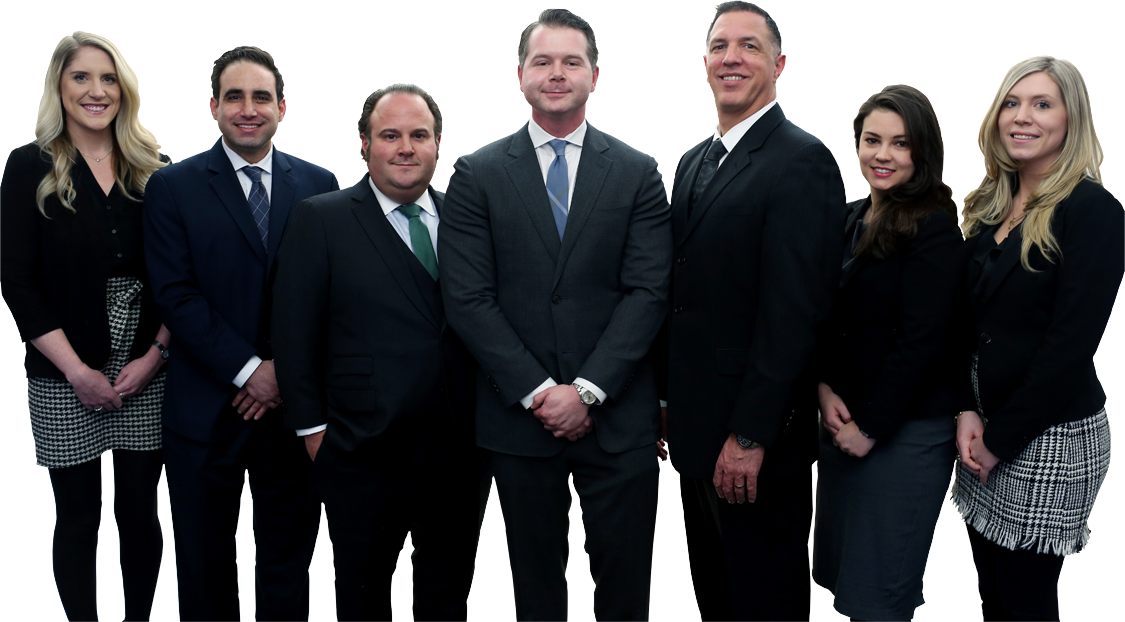What is the Pregnant Workers Fairness Act?
Despite the growth of state and federal laws intended to protect pregnant employees in the workplace, new and expectant mothers are still vulnerable to ample discrimination from their employers. In order to address this continuing need, the Pregnant Workers Fairness Act was presented to Congress in October 2012. The outcome of the bill remains to be seen; however, it is important for employees to be aware of the details of the Act and how it may provide protections for them in the future.
Below is a list of provisions included in the Pregnant Workers Fairness Act as well as a discussion of content from the point of view an Employment Attorney hypothetically using the Act to help clients find justice in the fight against pregnancy discrimination.
SEC. 2. NONDISCRIMINATION WITH REGARD TO REASONABLE ACCOMMODATIONS RELATED TO PREGNANCY.
It shall be an unlawful employment practice for a covered entity to–
- (1) not make reasonable accommodations to the known limitations related to the pregnancy, childbirth, or related medical conditions of a job applicant or employee, unless such covered entity can demonstrate that the accommodation would impose an undue hardship on the operation of the business of such covered entity;
- (2) deny employment opportunities to a job applicant or employee, if such denial is based on the need of the covered entity to make reasonable accommodations to the known limitations related to the pregnancy, childbirth, or related medical conditions of an employee or applicant;
- (3) require a job applicant or employee affected by pregnancy, childbirth, or related medical conditions to accept an accommodation that such applicant or employee chooses not to accept; or
- (4) require an employee to take leave under any leave law or policy of the covered entity if another reasonable accommodation can be provided to the known limitations related to the pregnancy, childbirth, or related medical conditions of an employee.
Paragraph (1) includes protections relating to reasonable accommodations that would assist new mothers once their rights under the Family and Medical Leave Act (FMLA) come to an end. For example, it has often been the case that employers are not tolerant of time off relating to parenting issues once the protections under FMLA run out. This may be especially pertinent when it comes to child care responsibilities, which often causes problems for employees should a babysitter fall through or if a stay-at-home dad falls ill. Under the Pregnant Workers Fairness Act, however, employers would now be obligated by law to accommodate any unplanned absences relating to parenting responsibilities in full.
While Paragraph (2) does not make great inroads in terms of improving conditions for pregnant employees, it is encouraging to note that the Federal Government is supportive of the protections outlined here.
Paragraph (3) describes a provision that will be open to interpretation by the Courts in potentially interesting ways.
Paragraph (4) protects a woman’s right to remain in her job after giving birth. This is of particular importance, as a woman will retain her ability to provide for both herself and her family if she wishes to do so.
SEC. 3. REMEDIES AND ENFORCEMENT.
- (a) Employees Covered by Title VII of the Civil Rights Act of 1964-
- (1) IN GENERAL- The powers, procedures, and remedies provided in sections 705, 706, 707, 709, 710, and 711 of the Civil Rights Act of 1964 (42 U.S.C. 2000e-4 et seq.) to the Commission, the Attorney General, or any person, alleging a violation of title VII of that Act (42 U.S.C. 2000e et seq.) shall be the powers, procedures, and remedies this title provides to the Commission, the Attorney General, or any person, respectively, alleging an unlawful employment practice in violation of this title against an employee described in section 5(2)(A), except as provided in paragraphs (2) and (3).
- (2) COSTS AND FEES- The powers, remedies, and procedures provided in subsections (b) and (c) of section 722 of the Revised Statutes of the United States (42 U.S.C. 1988), shall be the powers, remedies, and procedures this title provides to the Commission, the Attorney General, or any person, alleging such a practice.
- (3) DAMAGES- The powers, remedies, and procedures provided in section 1977A of the Revised Statutes of the United States (42 U.S.C. 1981a), including the limitations contained in subsection (b)(3) of such section 1977A, shall be the powers, remedies, and procedures this title provides to the Commission, the Attorney General, or any person, alleging such a practice (not an employment practice specifically excluded from coverage under section 1977A(a)(1) of the Revised Statutes of the United States).
The remedies listed here are of no significant change from those afforded to New York City residents in the past. Such provisions under the New York State Human Rights law are weaker and so it is positive to note the extension of Federal attorneys’ fees rights to New York State Plaintiffs not covered by the New York City Human Rights Law.

